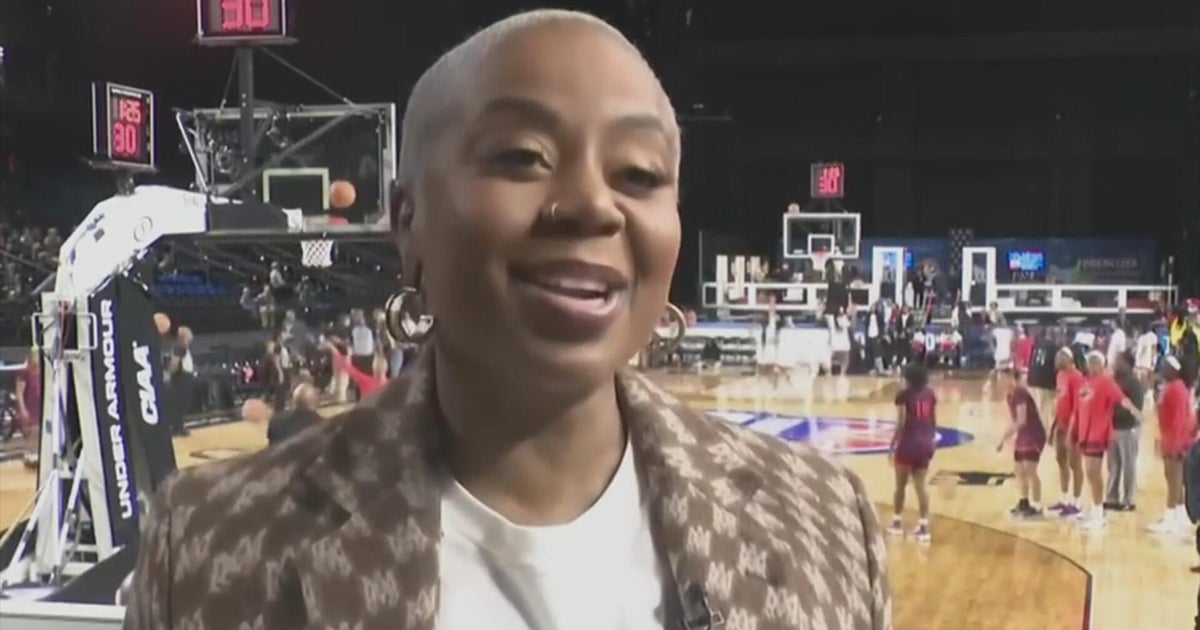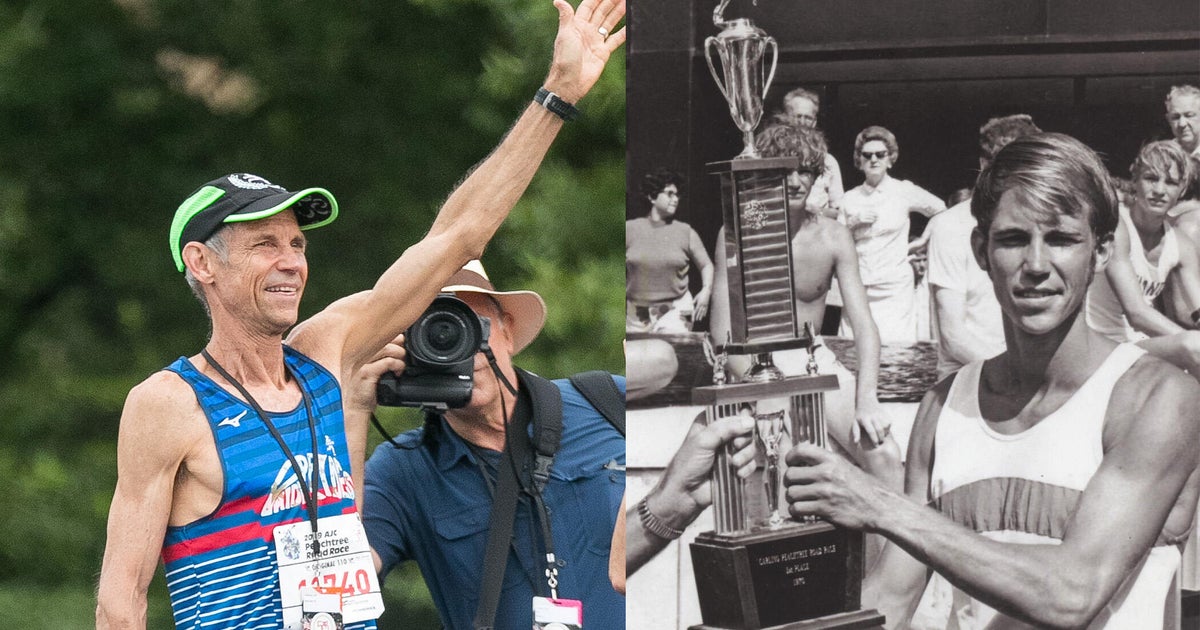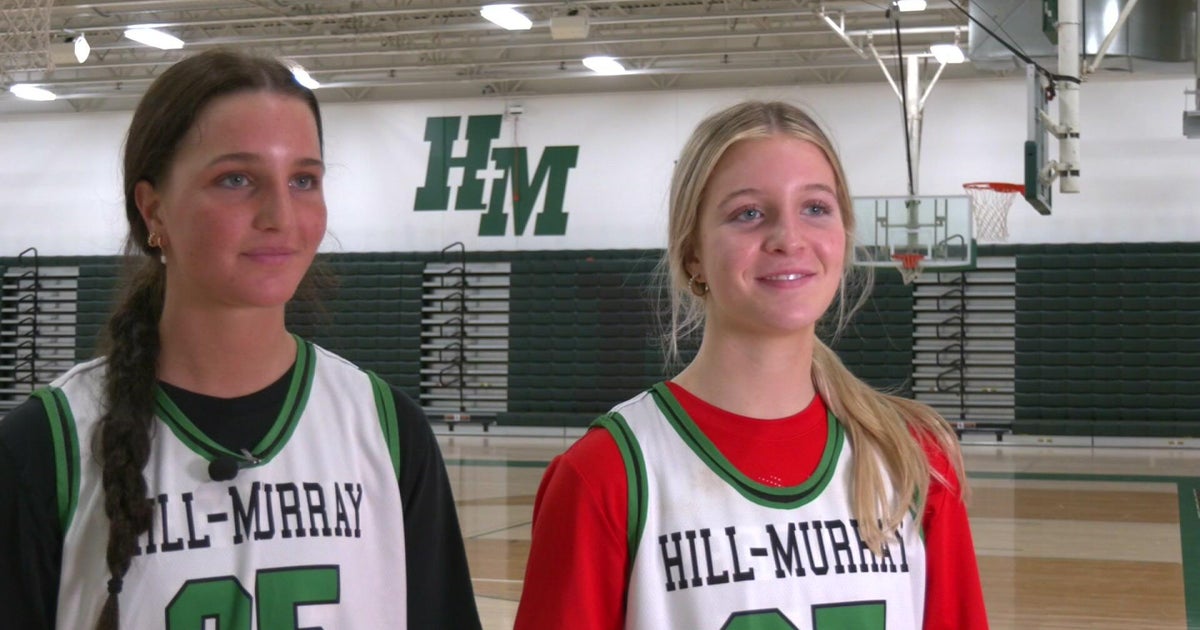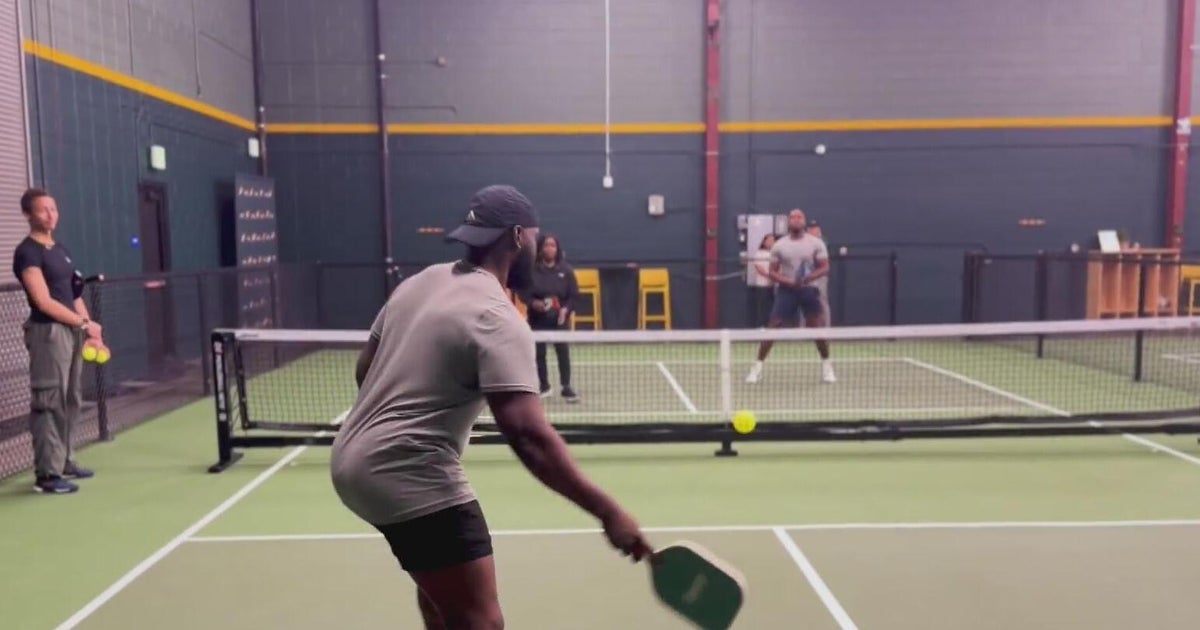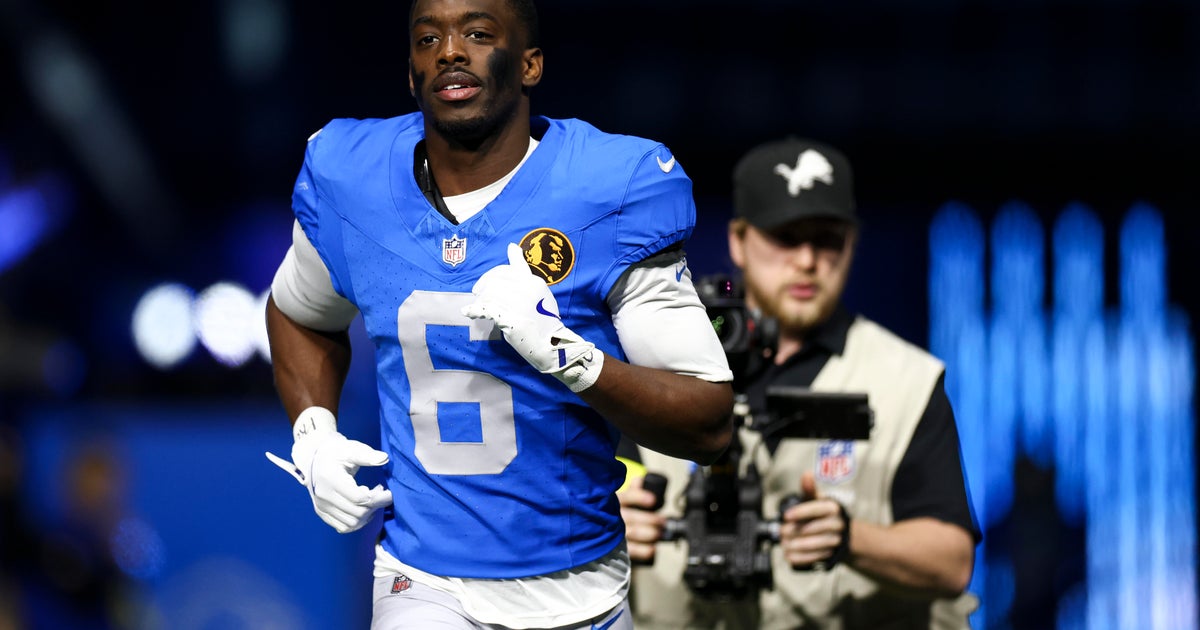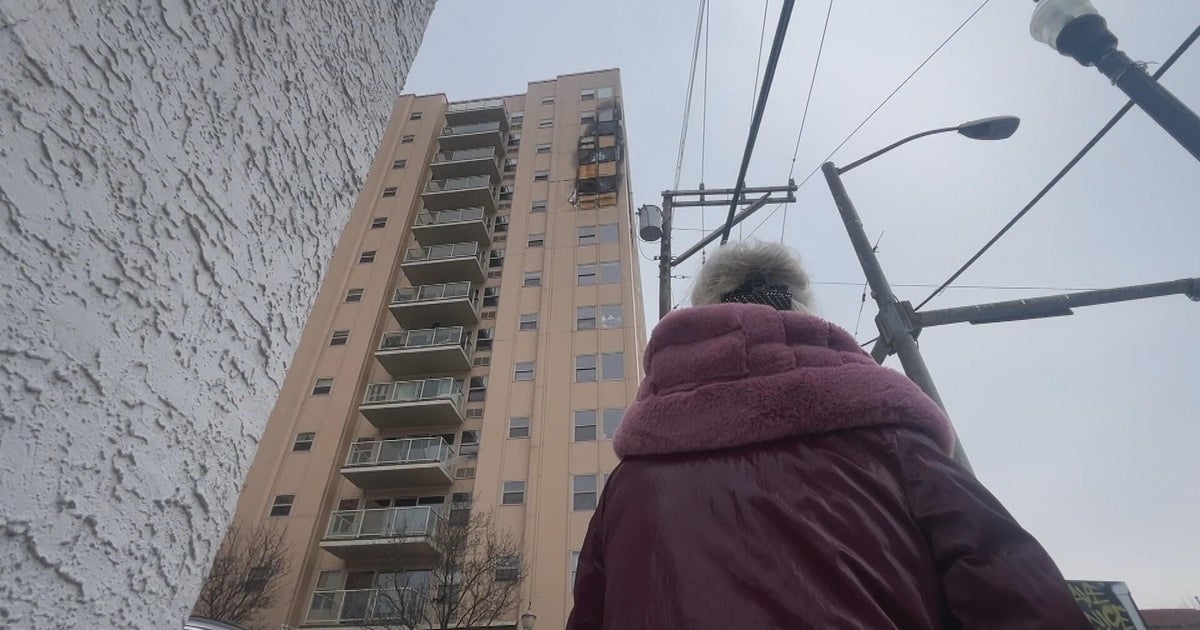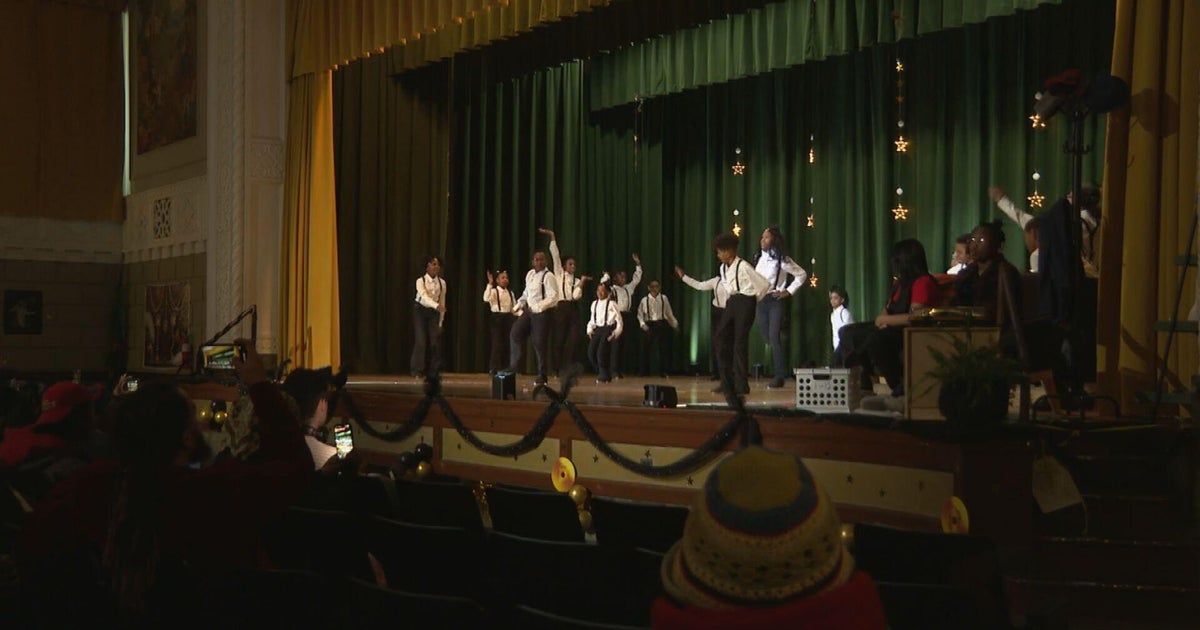Final Four: Florida Atlantic barrels its way onto sport's biggest stage
HOUSTON - Nobody will ever mistake Tobacco Road for 777 Glades Road, which is the address of one of history's most unexpected Final Four party crashers.
But there, across the street from a strip mall anchored by a Whole Foods in the upscale retirement town of Boca Raton sits one of the fastest-growing, most-diverse college campuses that very few basketball fans had heard of until this month.
Florida Atlantic University has barreled its way onto the sport's biggest stage, adding "Final Four" to a hoops resume that, until now, could have been scribbled down on the back of a cocktail napkin.
It's one of those unique situations where the little guys - in this case, the ninth-seeded Owls, anchored by 7-foot-1 center Vladislav Golden out of Russia - aren't so little. But even with the 21,000 or so students on its main campus, the school president - at least for now -- doesn't want anyone mistaking FAU for anything other than an underdog.
"Our basketball program is sort of representative of what FAU is," said Stacy Volnick. "In my mind, they seek their opportunity to go farther than most might have imagined they would. Literally, we are a school that gives opportunities to students who might not otherwise have them."
That was, in a nutshell, precisely why the school was formed.
Dedicated in 1964 with a grand-opening speech from none other than President Lyndon Johnson, FAU started as a two-year school for upperclassmen and graduate students.
Some thought the beach might be a good place to put FAU, but as one of the members of the state control board argued, "we want to educate them, not give them a bath."
So, the fifth school in Florida's state university system was placed on an old Army air base in a still-sleepy region of a still-sleepy state where the system was dominated by Florida State and the University of Florida - the school Alabama football coach Bear Bryant liked to call a "sleeping giant."
Now, FAU is the sleeping giant. It happened over decades.
As South Florida got bigger, so did FAU. It became a four-year college in the 1980s, and today it bills itself as a world-class research school that is growing its medicine programs with an eye on building the state's second public dental college.
It boasts of being Florida's most diverse public university, and a school with no "equity gap" - no difference between success rates of low-income and Pell-grant-eligible students and the rest of the student body.
Famous alums? It's a tight list. One is renowned orthopedic surgeon Marc Philippon. Another is Scott Thompson, the man more familiar to the public at-large as the comedian Carrot Top.
In a way, his story mirrors those of lots of students who come to FAU.
"I originally wanted to go to Florida. I loved the Gators," Thompson said. "I applied, I got accepted, but it wasn't something I could really afford."
A friend mentioned FAU, which was closer to the water, and closer to his childhood home on Florida's central Coast.
"I decided to give it a whirl, and that's really how I ended up in comedy," said Thompson.
He started telling jokes at an on-campus bar called the Rathskeller that hasn't changed much since his first open-mic night there in the late 1980s.
These days, everyone at FAU is smiling.
Volnick makes no secret about leaning into one of the old saws of academia: that sports serves as the front door to your university. In college sports, it's often a coin flip as to whether that's a good thing or not. At FAU, Volnick said 2022 was the largest fundraising year in school history. That was before the basketball team made the Final Four.
And while FAU will never be mistaken for North Carolina or Duke, neither will it be confused with Colorado or Oregon or Wisconsin or any of the dozens of flagship universities that stand as focal points in typical college towns. It is in Boca Raton, a well-to-do retirement town where nearly 25% of the population is 65 or over (compared to 17% nationwide) and the average resident is more concerned with that day's pickleball game than what the Owls are doing.
It didn't stop them from trying. In 1993, FAU set out on building a Division I sports program, a move that brings with it a commitment to spending more, growing more and dealing with more outside pressures.
In 2001, former Miami University coach Howard Schnellenberger, an acolyte of Bryant himself, came out of retirement and built the football program from scratch with an early capital raise of $13 million. A program that began with 22 scholarship players found itself in the New Orleans Bowl by 2007.
"It's been a great romance and it's produced, I think, a wonderful child," Schnellenberger said then in an ESPN.com interview.
Now, the hoops program is all grown up, too, which brings some good things and some challenges.
Their coach, former Florida assistant Dusty May, is certain to become a more popular commodity. The school is set to move from Conference USA to the higher-profile American Athletic Conference next season.
While FAU certainly benefited from the newly wide-open transfer rules that have hit college sports, it still needs more love on the name-image-likeness (NIL) scene, which is propped up by "collectives" that are loosely affiliated with the universities and can offer big bucks to prospective players. There's no lack of money in South Florida - billionaire John Ruiz has reportedly bankrolled some $2 million in NIL earnings for Miami players - only a question of how FAU can tap into it.
For now, though, the school the locals used to call "Find Another University" has made a name for itself. And everyone, it seems, is taking this place seriously.
"Nobody really knew what FAU was when I went there," Thompson said. "But you look at it today, and it's a whole different school."
